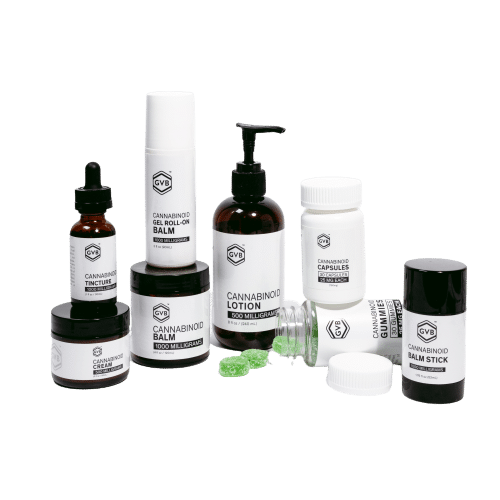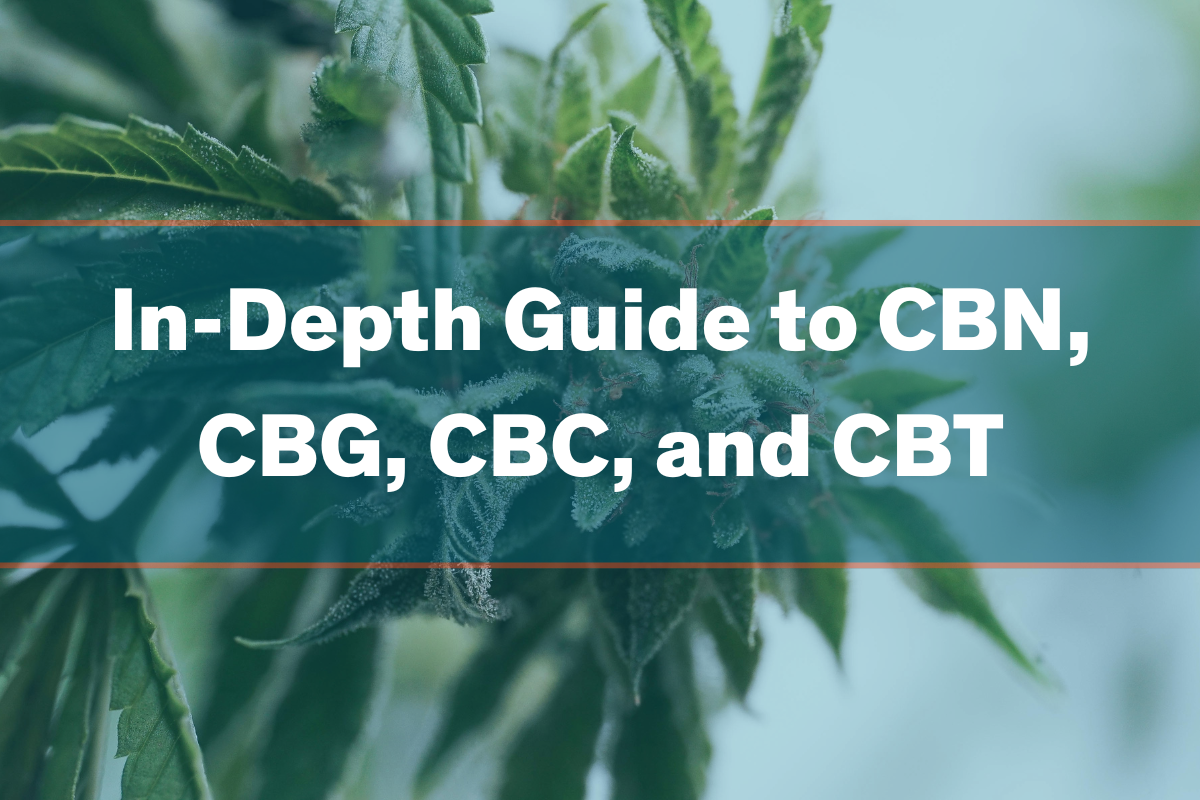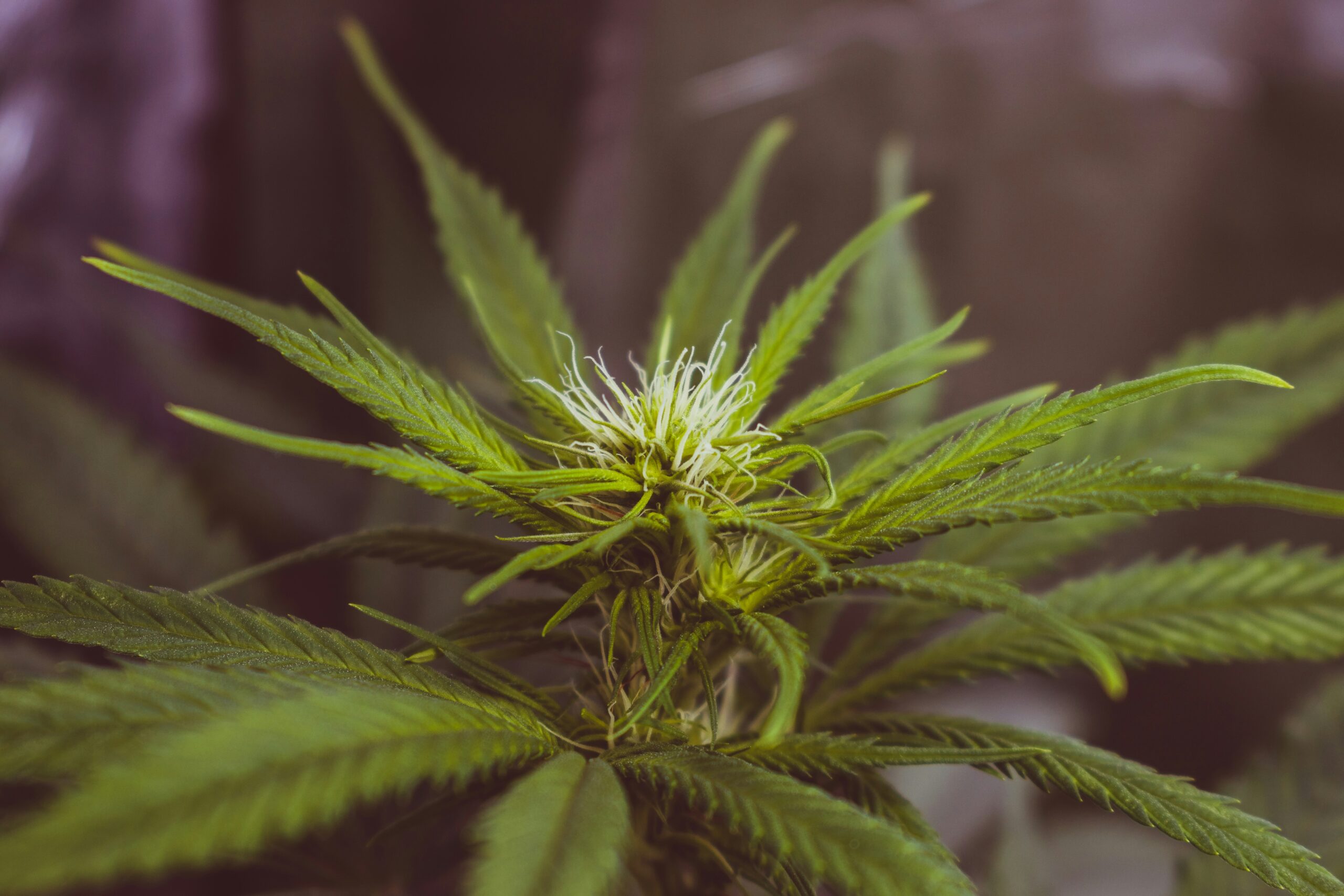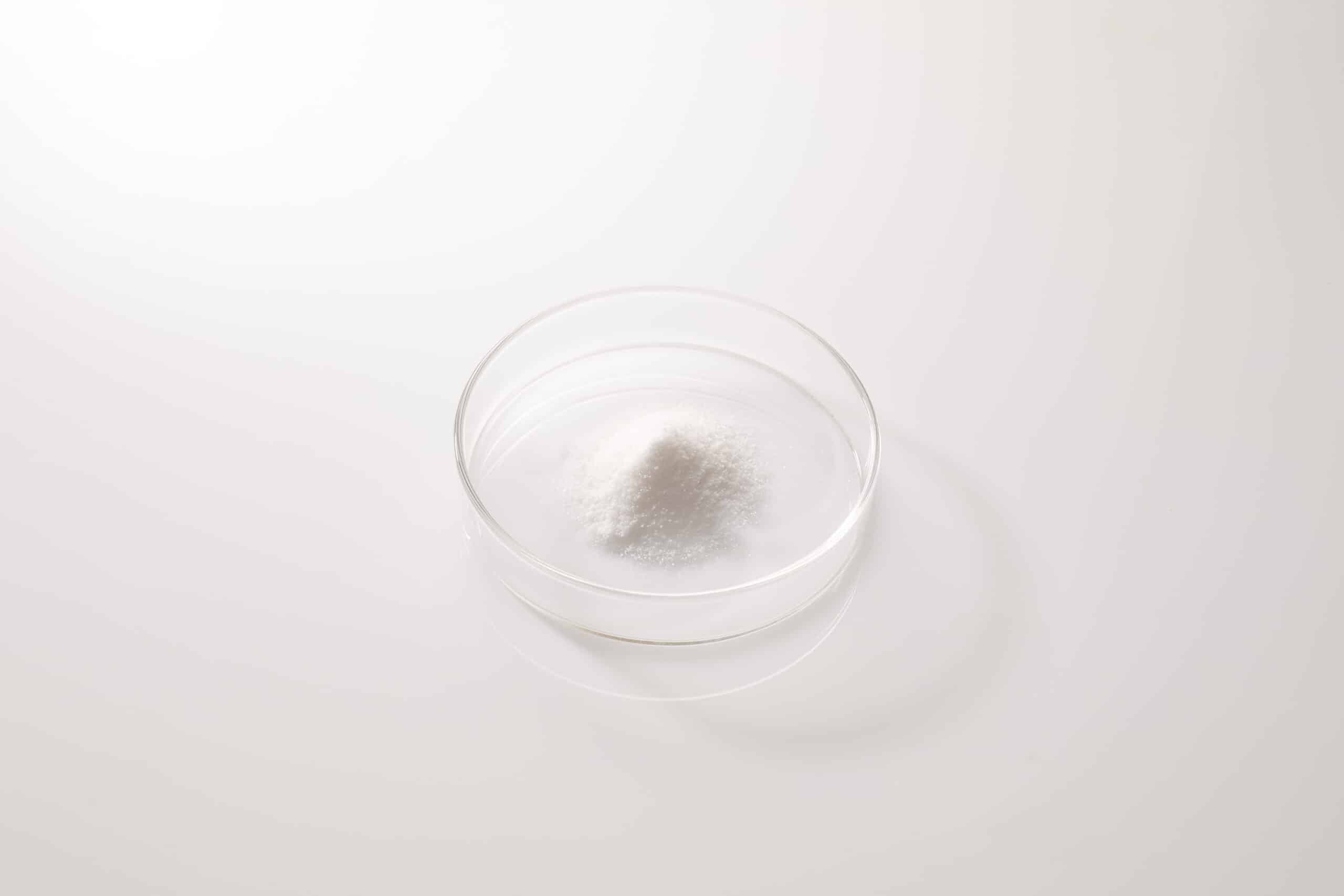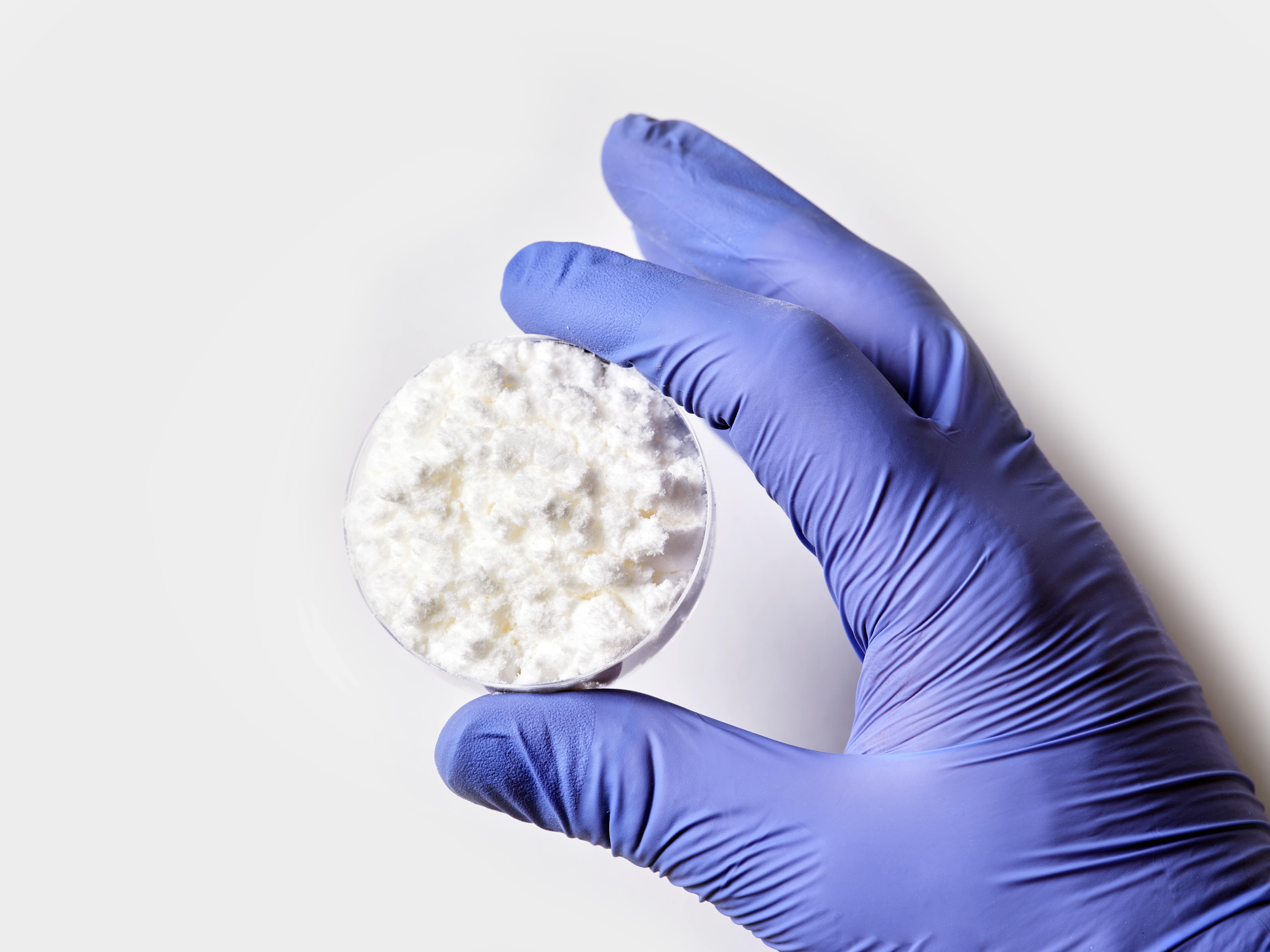For hundreds of years, people have understood pharmaceuticals as substances that improve health. Cannabinoid nutraceuticals offer the same benefits but come from natural sources like hemp instead of being lab-synthesized.
According to recent surveys, an increasing number of consumers are seeking health help from nutraceuticals, not pharmaceuticals. The nutraceutical industry is now worth tens of billions of dollars, and the popularity of nutraceuticals has synergized with an overall increase of interest in natural approaches to health.
What are nutraceuticals, exactly, and how are they changing the health industry? Find out everything you need to know about this class of natural health aids — including the details regarding their relationship with cannabinoids.
What are nutraceuticals?
Strictly speaking, a nutraceutical is a food that contains substances believed to improve your health. Nutraceuticals don’t have to come in the form of whole meals. It’s important to stipulate that nutraceuticals come from foods because pharmaceuticals usually don’t.
The term “nutraceutical” has generally evolved to encompass all naturally derived supplements believed to have health benefits. The term “bioceutical” sometimes refers to this broader group of substances.
How does the FDA define nutraceuticals?
The FDA generally uses the term “dietary supplement” instead of “nutriceutical.” While academic papers¹ insist that this federal regulatory agency acknowledges the existence of nutraceuticals, the FDA doesn’t have an official definition for them. Instead, nutraceuticals generally fall under the FDA’s definition of dietary supplements, which reads (in part): “[a] product (other than tobacco) in the form of a capsule, powder, softgel or gelcap intended to supplement the diet to enhance health.”
What is the difference between nutraceuticals and pharmaceuticals?
Nutraceuticals come from entirely natural sources, while pharmaceuticals can be created using artificial methods. The term “nutraceutical” also generally infers that a substance has nutritional value, but this isn’t always the case.
Since industry leaders started referring to natural supplements as nutraceuticals, our understanding of human health has developed quite a bit. Experts now recognize that hundreds of natural substances may offer health benefits, even without any nutritional value.
What types of nutraceuticals are there?
Nutraceuticals share the trait of being derived from natural, often food-related sources, but their similarities end there. For example, the terpene limonene is directly extracted from citrus fruits commonly used as food. Others, however, come from yeast, mushrooms, or even rocks².
Industry analysis typically divides nutraceuticals into three categories: dietary supplements, functional foods, and functional beverages. Put another way, the three main economic categories of nutraceuticals are products you swallow, products you eat, and products you drink.
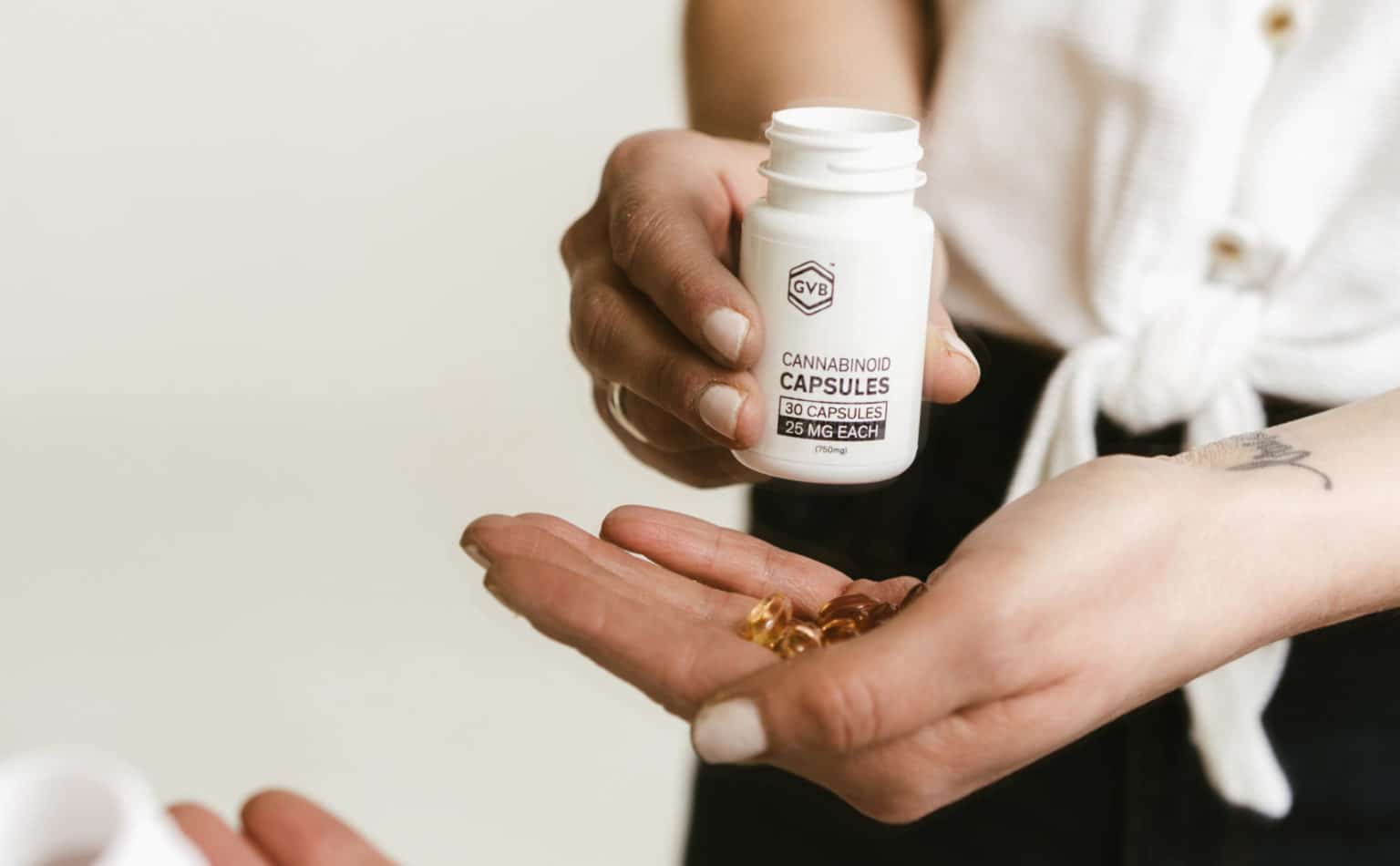
Are cannabinoids nutraceuticals?
Cannabinoids are natural compounds derived from Cannabis sativa, a plant whose seeds are often used as food. As a result, cannabinoids loosely fit the definition of nutraceuticals, but the exact regulatory category cannabinoids belong in is currently a subject of considerable debate.
For personal or scientific purposes, it’s perfectly fine to consider cannabinoids nutraceuticals. Be careful how you describe cannabinoid products currently offered for sale, though, since mischaracterizing hemp products could get you in trouble³.
Are nutraceuticals popular?
Nutraceuticals have massively shot into popularity over the last few years. Market research analysis conducted in 2017 found that the US nutraceutical industry had already swelled from $58 billion to $71 billion over the previous three years, and it predicted the industry would be worth over $105 billion in 2022. Analysts believe the nutraceutical industry will reach a value of $133.39 billion by 2025.
With the nutraceutical industry set to more than double in size in just over a decade, it’s safe to say that nutraceuticals are most definitely popular and are only getting more popular with time.
What is the nutraceutical industry worth?
In 2017, analysts estimated the nutraceutical industry to be worth just over $383 billion worldwide. At the time, market analytics firms suggested that it might be worth more than $561 billion by 2023.
Based on just-released research, it appears these predictions were right on the money. In April of 2022, Zion Market Research released a report estimating that the global nutraceutical industry is now worth $449.5 billion⁴ and is expected to grow to $745.5 billion by 2028.
How fast is the nutraceutical industry growing?
It’s difficult to pinpoint the exact rate of growth the nutraceutical industry is currently undergoing, but we know one thing for sure — it’s growing fast. Driven by a rapid increase in interest in alternative medical care in Western countries, analysts project that the global nutraceutical industry will double in value from 2017 to 2028, mirroring the recent growth rates observed in the US.
The nutraceutical market in 2025
By 2025, the American nutraceutical market will be twice the size it was in 2015, and statistics indicate the same will be true for the global market as well. That means brands now emerging into the nutraceutical industry have twice the opportunity as brands that launched a decade ago, but they’re also facing a modernized industry with lots of competition. The best way to prepare for the nutraceutical market of 2025 is to launch an excellent brand today.
Nutraceuticals by product type
For the purposes of industry analysis, nutraceuticals are often broken down into the three subcategories we mentioned earlier: dietary supplements, functional foods, and functional beverages. As we learn about the growth of the nutraceutical industry, it can be useful to examine the growth of each individual subcategory:
What are dietary supplements?
Dietary supplements are generally classified as nutraceuticals that you take in the form of a tablet, capsule, or another concentrated product, not in the form of food or beverages. This is the type of nutraceutical for which the FDA has provided the clearest regulations.
What are functional foods?
Functional foods are edible products that are boosted with nutraceutical substances. Some functional foods, such as turmeric root, naturally contain the substances that make them nutraceuticals — in the case of turmeric, the potent antioxidant compound curcumin. Companies add nutraceutical substances to functional foods, creating infused edible products.
What are functional beverages?
Functional beverages are drinks that contain nutraceutical substances. People commonly consider the popular fermented drink kombucha a nutraceutical because it contains probiotics. In other cases, manufacturers infuse conventional drinks like sparkling water with cannabinoids, adaptogens, or other substances commonly regarded as nutraceuticals.
What is the fastest-growing nutraceutical product type?
In 2014’s United States, functional beverages were worth $11.2 billion, functional foods were worth 17.6 billion, and dietary supplements were worth $29.8 billion. By 2017, these subcategories had swelled to $14.8bn, $21.7bn, and $35.2bn. In 2022, functional drinks, functional foods, and dietary supplements are projected to be worth $21.7bn, $30.8bn, and $52.5bn respectively.
While dietary supplements still make up the lion’s share of the nutraceutical industry, functional drinks are actually the fastest-growing subcategory. The functional nutraceutical drink market is projected to have nearly doubled in size during the eight years between 2014 and 2022, exceeding the growth rates of other subcategories substantially.
Key takeaways
There’s a mounting trend of consumers wanting to get their health supplements from drinks. The overall benefits of staying hydrated are more well-known than ever before, and consumers are both concerned about the dangers of soft drinks and energy drinks while remaining accustomed to their sweetness and energizing benefits.
As a result, drinks designed to make you feel energized using nutraceutical substances are becoming increasingly popular. However, anti-anxiety and anti-insomnia nutraceutical drinks are just as in-demand.
Even though functional drinks represent the fastest-growing nutraceutical subcategory, this category is still the smallest overall. There may be more competition and less growth potential in dietary supplements and functional foods, but that’s still where most of the capital is invested.
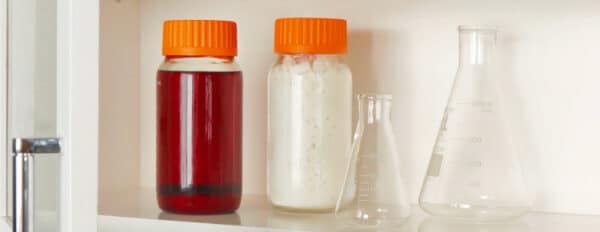
The growing importance of nutraceuticals
Nutraceuticals aren’t going away. Even the verbiage surrounding this class of substances is archaic, so it’s understandable that regulatory agencies are taking a while to grapple with this facet of the natural health revolution. It’s a fact that hundreds of natural, edible substances have massive health benefits, though, leading to an enhanced focus on nutraceuticals among health-conscious consumers.
So far, projected growth rates for the nutraceutical industry have been right on track. They may, in fact, have been a bit pessimistic. Right now, the idea of a $130 billion-per-year US nutraceutical industry can sound far-fetched, but there’s a lot going for nutraceuticals.
Especially in these pandemic-impacted times, people are looking for new ways to improve their immunity or boost their overall health. The benefits of nutraceuticals speak for themselves, and they’ll start speaking even louder over the coming years.
Nutraceuticals FAQs
1. What are the basics of nutraceuticals?
In a nutshell, nutraceuticals are “natural pharmaceuticals” — they’re substances with near-pharmaceutical potency that are nonetheless found in nature. The name “nutraceutical,” however, etymologically comes from the words “nutritional” and “pharmaceutical,” which is to say that nutraceuticals are medicinal foods.
So, put all together, nutraceuticals are natural pharmaceuticals that you eat. Not all products described or labeled as “nutraceuticals,” however, have nutritional value or are even orally ingested. Therefore, despite the implications inherent to the name, nutraceutical can only truly be said to mean “natural healing substance.”
2. What are the most commonly used nutraceuticals?
Some of the nutraceuticals that average people use most commonly are vitamins, minerals, and plant oil extracts like terpenes and cannabinoids. While some definitions of the term do not include vitamins and minerals, nutraceuticals are widely understood as bridging a wide spectrum of different medicinally beneficial, orally ingested substances.
Vitamins and minerals have been used as supplements for decades. It’s only more recently, though, that plant extracts like essential oils, terpenes, and cannabinoids have also entered the nutraceutical market in full force. Shoppers now understand that many plant extracts have benefits on par with or even exceeding those of vitamins and minerals.
3. Did the FDA approve nutraceuticals?
The FDA has approved certain substances sometimes known as nutraceuticals for certain conditions. This government agency, however, has not approved nutraceuticals as a general category of substances.
The FDA does not even have an official definition of nutraceuticals. On the agency’s official website, the only mention of the word “nutraceutical” is in association with public postings of false claim filings against offending supplement producers.
4. Are nutraceuticals regulated in the US?
As a general category of substances, nutraceuticals are not regulated by any federal government agency in the United States. The same is the case in Europe, wherein the European Union likewise does not define nutraceuticals as a distinct product category for regulatory purposes.
Specific substances labeled as nutraceuticals, though, are very likely to be regulated in the United States. When determining the regulatory procedures for a certain nutraceutical substance, research its status individually.
Summary: Nutraceuticals and cannabinoids are converging
Directly calling cannabinoids “nutraceuticals” can be a regulatory risk, but it’s worth noting how seamlessly the hemp industry is being enfolded within the overall nutraceutical market. CBD is now a popular substance in all manner of dietary supplements, and we’re even starting to see the emergence of food and drink products infused with rarer cannabinoids like CBN and CBC.
Whether it’s nutraceuticals or cannabinoids, the infused food and drink market shouldn’t be overlooked. Today’s consumers don’t always want to take health supplements in pills: They want to eat or drink them the same way they would anything else. If there’s one prediction you should take away from this analysis, it’s that nutraceutical and cannabinoid-infused food and drinks will become even more popular than anyone currently expects over the coming years.
Sources
- 1. Santini, A., Cammarata, S. M., Capone, G., Ianaro, A., Tenore, G. C., Pani, L., & Novellino, E. (2018). Nutraceuticals: opening the debate for a regulatory framework. British Journal of Clinical Pharmacology, 84(4), 659–672. https://doi.org/10.1111/bcp.13496
- 2. Carrasco-Gallardo, C., Guzmán, L., & Maccioni, R. B. (2012). Shilajit: A Natural Phytocomplex with Potential Procognitive Activity. International Journal of Alzheimer’s Disease, 2012, 1–4. https://doi.org/10.1155/2012/674142
- 3. Office of the Commissioner. (2022, May 6). Warning Letters and Test Results for Cannabidiol-Related Products. U.S. Food and Drug Administration. https://www.fda.gov/news-events/public-health-focus/warning-letters-and-test-results-cannabidiol-related-products
- 4, Nutraceuticals Market Size, Trends, Growth | Industry Analysis (2022–27). (2022). Mordor Intelligence. https://www.mordorintelligence.com/industry-reports/global-nutraceuticals-market-industry
- 5. Research, Z. M. (2022, April 20). Growth Scope of Nutraceuticals Market Size Worth USD 745.5 Billion By 2028 At 8.8% CAGR – Industry Trends & Forecast Report by Zion Market Research. PR Newswire. https://www.prnewswire.com/news-releases/growth-scope-of-nutraceuticals-market-size-worth-usd-745-5-billion-by-2028-at-8-8-cagr—industry-trends–forecast-report-by-zion-market-research-301529003.html

